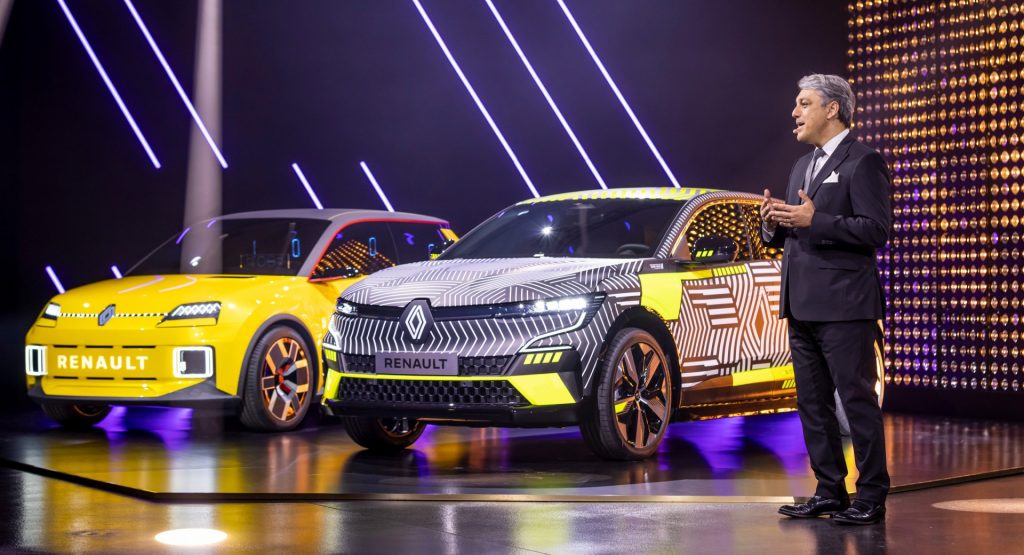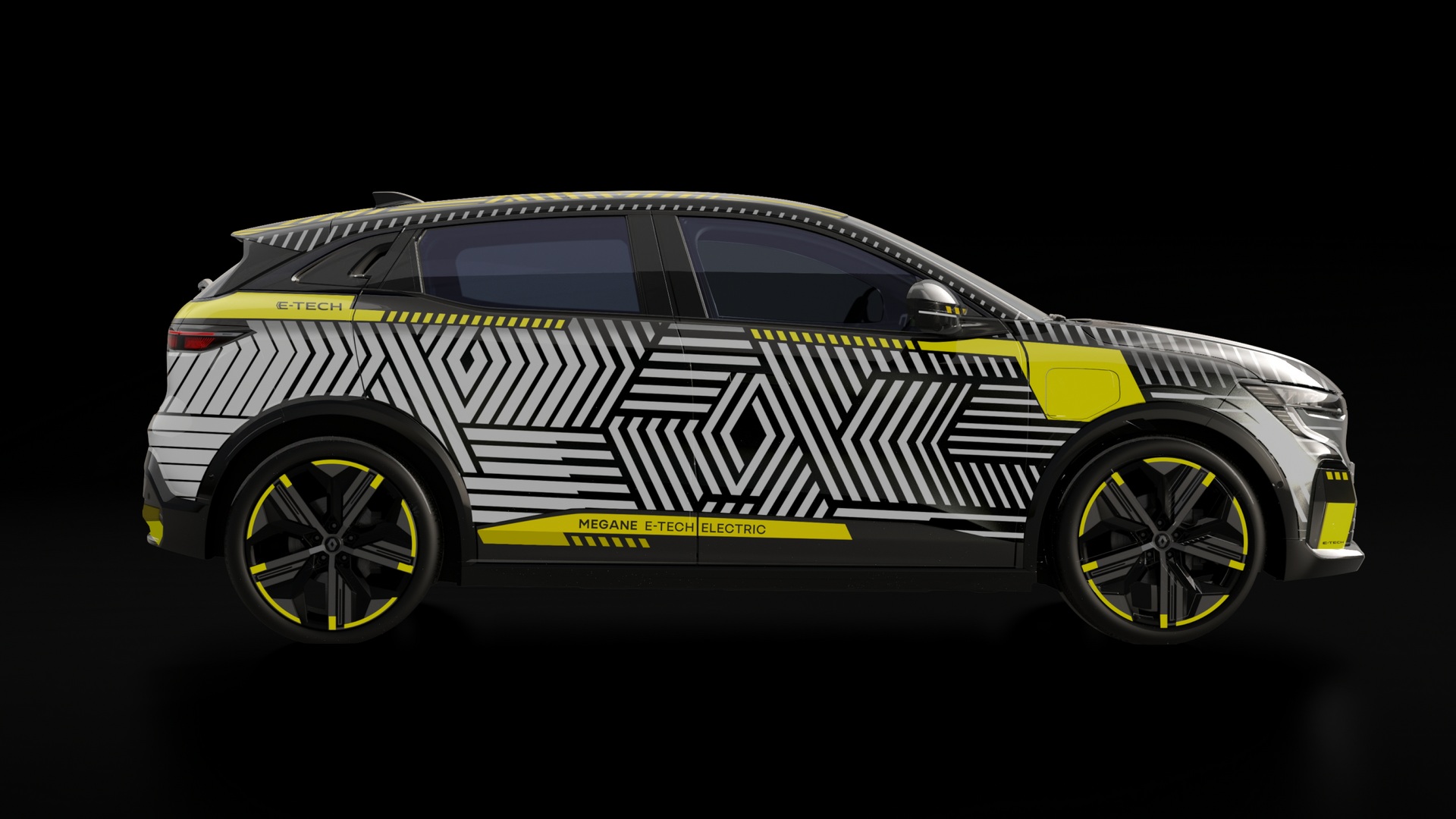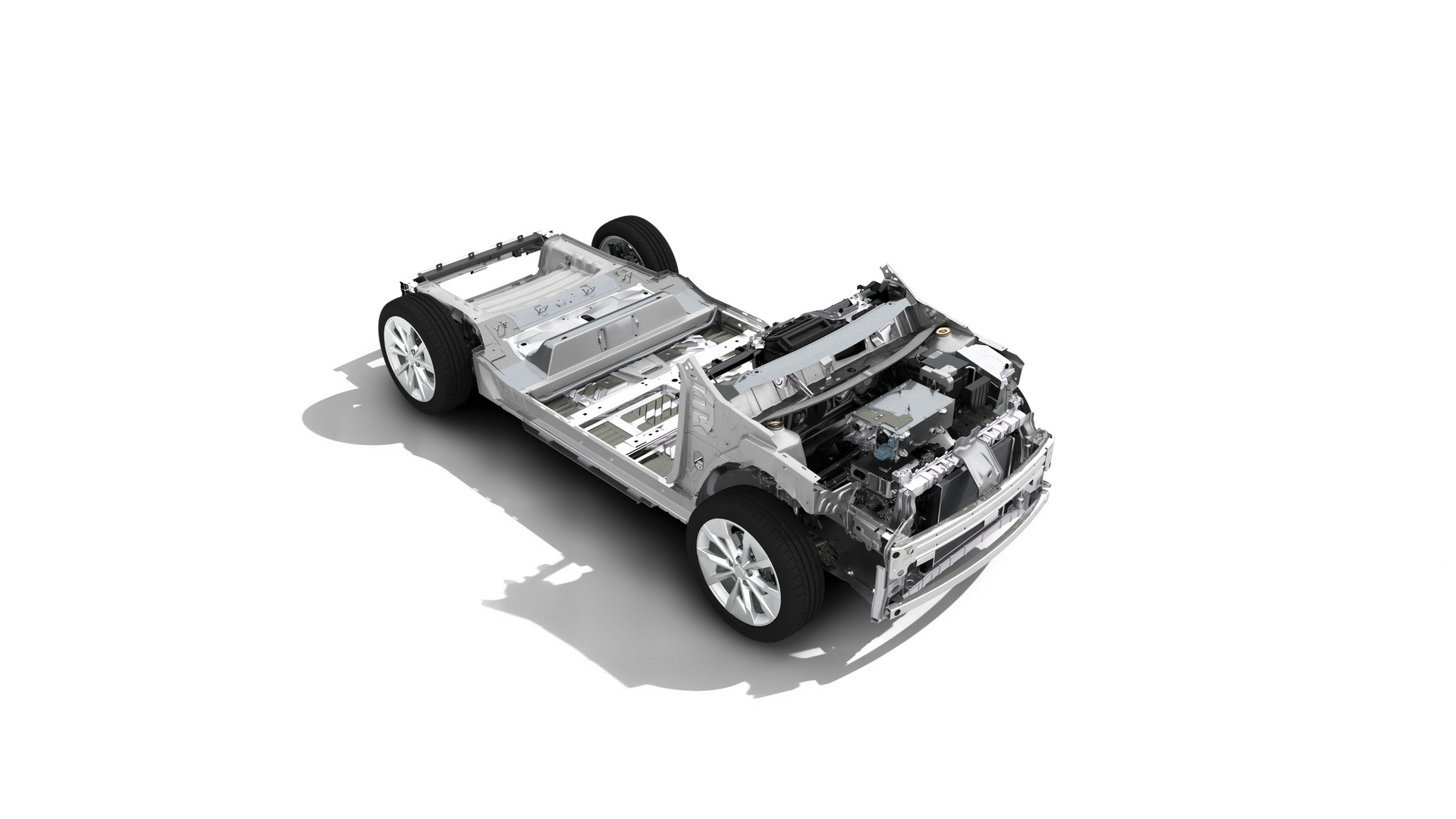During the “Renault eWays Electro Pop” event, the French company gave away more information on its electrification strategy towards a 90% electric range for the whole Renault Group by 2030.
The announcements were not limited to the upcoming electric models but also included information about the platforms and the new factories to be built in France through partnerships.
Starting with the product launches, Renault announced 10 battery-electric vehicles by 2025. The Renault 5 supermini, the Renault 4ever SUV, and the equivalent LCV will be based on the CMF-BEV platform allowing for a WLTP range of up to 400 km (249 miles). As you guessed from the name, the electric CMF-BEV will be an evolved version of the CMF-B currently underpinning conventional B-Segment models of the group.
Read Also: Alpine Previews Fully-Electric Range
Thanks to the shared components, the interchangeability of the batteries, and the low-cost 100 kW powertrain, the upcoming Renault 5 will be 33% cheaper compared to the current generation Zoe electric supermini, making electric cars more affordable to the masses. For a good measure, the Renault Zoe starts from €32,500 (about $38,500 at today’s rates) in France, but the base price drops to €23,000 (~ $27,300) after the ecological and conversion bonuses. This means the Renault 5 could be more than €10,000 ($11,900) cheaper, bringing it close to the price level of similarly-sized conventional cars like the Renault Clio which starts from €15,900 (around $19,000).
Read Also: Renault Megane E-Tech EV Revealed In Pre-Production Form With 280 Miles Of Range
Moving upwards in the range the production version of the MéganE electric crossover will launch in 2022 with a larger and yet-unnamed electric SUV following later on. Both of those models will be based on the CMF-EV architecture developed for Renault Group’s C-Segment and D-Segment cars. Models based on this architecture will offer a WLTP range of up to 580 km (360 miles). They will also have roomy cabins, low center of gravity, ideal weight distribution, quick steering ratio, and multi-link rear suspension. The CMF-EV will be also used by other brands of the alliance, representing the production of 700,000 units by 2025.
By 2025, over 65% of Renault models will be either electric or hybrid, and by 2030 up to 90% of the range will be battery-electric. Finally, starting from 2024, the Alpine performance brand will get its own three-model all-electric range consisting of a sportscar, a hot hatch, and a grand tourer.
Setting aside the new models, the event also included a detailed presentation of the “Renault ElectriCity” ecosystem in Northern France. Three factories on Douai, Maubeuge, and Ruitz, will reach an annual production of 400,000 electric vehicles by 2025.
The electric powertrains will be built by Renault’s own MegaFactory in Normandy, batteries will be manufactured in Envision AESC’s gigafactory in Douai starting from 2024, while French start-up Verkor will help in developing a high-performance and sustainable battery for Renault and Alpine models by 2022 to be produced in a new gigafactory starting from 2026.
Read Also: Envision AESC And Verkor Will Supply Batteries To Renault Group
By 2030, a total of 1 million units of NMC (Nickel, Manganese & Cobalt) batteries will be built for all brands of the group. Renault wants to bring costs down by 60% at pack level in less than ten years with a target of under 100 dollars/kWh by 2025. This cost could reach even lower with the use of solid-state batteries, aiming for under 80 dollars/kWh by 2030.
French Start-up Whylot will undertake the development of an “innovative automotive axial flux e-motor” to be produced on large scale from 2025. This motor will allow a 5% cost reduction to hybrid powertrains and save up to 2.5 g CO2 on a small or medium-sized car. In the future, Renault Group will build a new kind of a e-powertrain integrating the e-motor, reducer, and power electronics in a smaller package (-45% in volume). This will bring a 30% cost reduction in cost, 45% less wasted energy, and up to 20 km (12.4 miles) of added range.
Finally, the Mobilize brand will focus on “generating added value throughout the battery lifecycle” offering a residual value of up to €500 per battery to used EVs and a potential benefit of up to €400 per year through Vehicle-to-grid technologies.

































